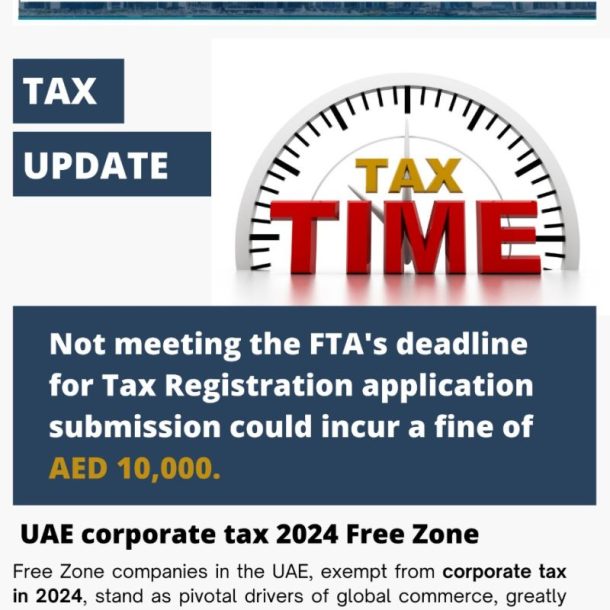
Close
Sustainable financial reporting is becoming increasingly important worldwide, and the UAE is making notable progress in integrating these practices into its financial sector. This article discusses sustainable financial reporting in the UAE, focusing on regulatory frameworks, principles, and initiatives that promote transparency, governance, and environmental responsibility.
Regulatory Frameworks and Initiatives
The UAE has set up several key frameworks and groups to advance sustainable financial practices. One of the main groups is the UAE Sustainable Finance Working Group (SFWG), established in 2019. This group includes various ministries and financial regulators like the Central Bank of the UAE, the Securities and Commodities Authority (SCA), and financial market authorities. Its goal is to develop sustainable finance and encourage regulatory cooperation across the UAE.
Key Objectives and Workstreams
The SFWG has identified three main objectives to enhance sustainable finance in the UAE:
1. Enhancing Sustainability-Focused Corporate Governance:
The SFWG issued the Principles for the Effective Management of Climate-Related Financial Risks, encouraging financial firms to include climate-related risks in their business strategies and risk management. This includes responsibilities for management, monitoring, reporting, and stress testing of climate-related financial risks.
2. Bolstering Transparency through Sustainability Reporting:
The Principles for Sustainability-Related Disclosures were introduced to improve the quality and transparency of Environmental, Social, and Governance (ESG) reporting. These principles emphasize integrating sustainability into investment decisions, internal reporting systems, and verifying sustainability reports.
3. Formulating a Sustainable Finance Taxonomy:
The SFWG is developing a UAE-specific sustainable finance taxonomy, providing a common language for sustainability across the UAE. This taxonomy will guide the evaluation of climate change efforts using a qualitative approach and a traffic-light classification system to ensure minimum safeguards and promote adherence to sustainability standards.
Alignment with Global Standards
The UAE’s sustainable finance initiatives are in line with international standards and frameworks. The Principles for the Effective Management of Climate-Related Financial Risks were developed in consultation with industry stakeholders and aligned with the global policy priorities set by the G20 Sustainable Finance Roadmap.
National Initiatives and Strategic Goals
The UAE’s sustainable finance efforts are part of its broader national commitments, including the UAE Green Agenda 2015-2030, the National Climate Change Plan of the UAE 2017-2050, and the UAE Net Zero by 2050 Strategic Initiative. These initiatives aim to create a sustainable and resilient economy by integrating sustainability into all aspects of economic planning and development.
Future Directions
In the future, the SFWG will continue to focus on the gradual and coordinated implementation of these principles and frameworks. The aim is to support the UAE’s transition to net-zero emissions and foster a green economy through collaborative efforts among government bodies, financial institutions, and private sector entities.
Conclusion
Sustainable financial reporting in the UAE is evolving, driven by strong regulatory frameworks and strategic initiatives. By enhancing corporate governance, increasing transparency, and developing a comprehensive sustainable finance taxonomy, the UAE is setting a benchmark for sustainable finance practices in the region. These efforts not only align with global standards but also demonstrate the UAE’s commitment to fostering a sustainable and resilient financial sector.
Join us in leading the way towards a sustainable future.
Uzair Tahir
Manager, Financial Accounting & Advisory Services
ATMAR
References: